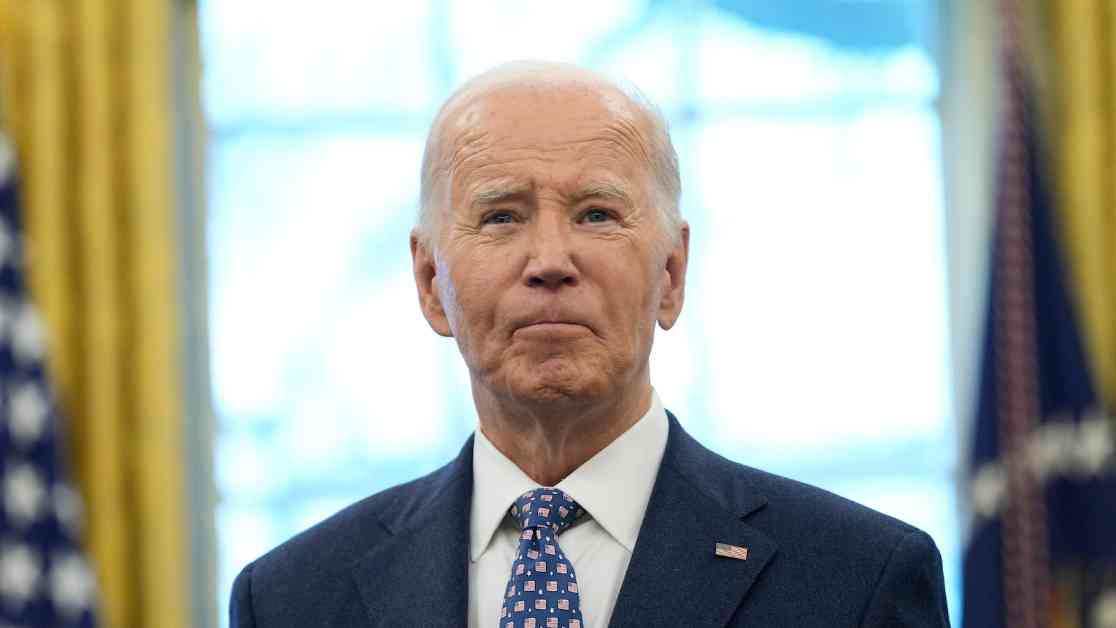Court Strikes Down Biden’s Title IX Rules Protecting LGBTQ+ Students
WASHINGTON — In a groundbreaking decision, U.S. District Judge Danny C. Reeves invalidated the Biden administration’s Title IX rules aimed at extending protections for LGBTQ+ students. The ruling, issued on Thursday, deemed the 1,500-page regulation as legally flawed and beyond the president’s authority, bringing a halt to its implementation nationwide. This move comes after the rule faced legal challenges in 26 states, ultimately leading to its demise.
Backlash and Support
The decision to strike down the Title IX rules came in response to a lawsuit filed by several states, including Tennessee, Kentucky, Indiana, Ohio, Virginia, and West Virginia. Critics of the Biden administration’s expansion of Title IX regulations, such as Tennessee Attorney General Jonathan Skrmetti, hailed the ruling as a rejection of what they termed a “radical gender ideology.” On the other hand, civil rights advocates celebrated the regulations as a victory, providing LGBTQ+ students with enhanced protections against discrimination.
Legal and Constitutional Implications
Judge Reeves highlighted that the Education Department overstepped its authority by broadening the scope of Title IX, arguing that the 1972 law did not intend to cover more than what was initially established by Congress. He also emphasized that the regulations infringed on free speech rights by mandating teachers to use pronouns aligning with a student’s gender identity. Reeves’ decision to scrap the entire regulation and revert to a previous interpretation of Title IX underscores the significant legal and constitutional implications of the ruling.
Political and Legislative Response
Former Education Secretary Betsy DeVos and Senator Bill Cassidy were vocal critics of the Biden administration’s Title IX rules, with DeVos calling it “radical, unfair, illegal, and absurd.” Cassidy expressed concerns about the regulations undermining protections for women and girls, emphasizing the need to uphold fairness in both sports and education. The ruling has reignited debates surrounding gender identity, free speech, and the interpretation of Title IX, setting the stage for potential legislative and political actions in the future.
In conclusion, the invalidation of Biden’s Title IX rules marks a significant development in the ongoing discourse on LGBTQ+ rights, education policy, and constitutional boundaries. The ruling’s impact is far-reaching, with implications for students, educators, policymakers, and the broader community. As the legal and political ramifications unfold, the future of Title IX regulations and protections for LGBTQ+ individuals remains uncertain, raising questions about the intersection of law, equality, and societal values in the United States.

























